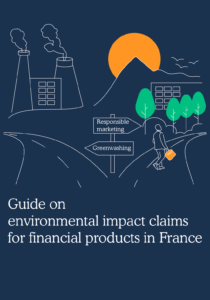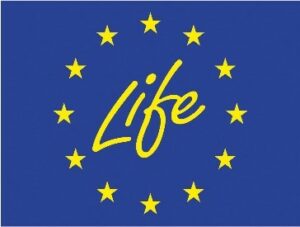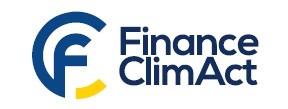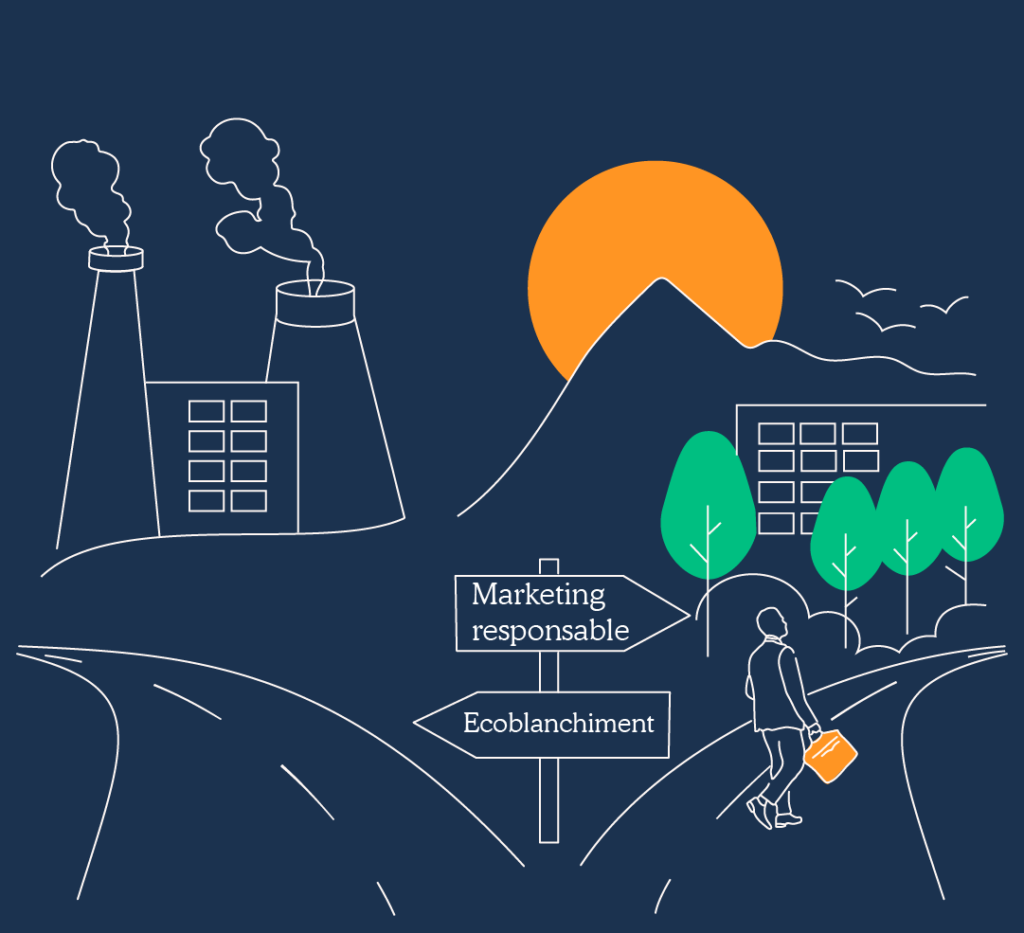Retrouvez le webinaire de présentation du “Guide d’allégations d’imapct environnemental des produits financiers” animé par Samia Baadj, Senior Manager à 2DII, et Cécile Imbert, Economiste finance durable à la Direction Exécutive Prospective et Recherche de l’ADEME, disponible ici.*
*Pour visualiser la vidéo, n’oubliez pas de vous connecter au préalable à Vimeo.
Il dresse un panorama des normes applicables aux allégations d’impact environnemental des produits financiers et propose des recommandations sur les meilleures pratiques, avec deux objectifs:
- Lutter contre l’écoblanchiment qui représente un frein au financement de la transition écologique par les investisseurs particuliers et institutionnels.
- Fournir un cadre plus clair aux institutions financières afin de se prémunir contre les risques juridiques et réputationnels liés aux pratiques d’écoblanchiment.
Le risque d’écoblanchiment en matière d’allégation d’impact environnemental est particulièrement fort dans le secteur financier. En l’absence d’un cadre réglementaire clair, les institutions financières font face à une insécurité juridique importante et sont exposées à des risques juridiques et financiers en cas de poursuites et sanctions. De plus, de récentes accusations d’écoblanchiment, impliquant des acteurs du secteur financier, illustrent le risque réputationnel auquel sont exposés les institutions financières.
Ce guide vise les allégations d’impact environnemental des fonds d’investissements (ou produits fondés sur les fonds) distribués en France à des investisseurs particuliers. Cependant, les recommandations et exemples de bonnes et mauvaises pratiques contenus dans ce guide pourraient également s’avérer pertinents pour d’autres types d’allégations ou de produits financiers.
Les acteurs européens peuvent également s’inspirer de ce guide dans leur pratique et devront alors tenir compte de potentielles spécificités au niveau de leur droit local.
FINANCEUR : Ce projet a été financé par le programme LIFE de l’Union européenne dans le cadre de la convention de subvention LIFE18IPC/FR/000010 A.F.F.A.P.
CLAUSE DE NON-RESPONSABILITÉ : Ce travail reflète les opinions de 2DII, de l’Agence de la transition écologique (ADEME) et du Commissariat Général au Développement Durable (CGDD) du Ministère de la Transition écologique. Les autres membres du Consortium Finance ClimAct et la Commission européenne ne sont pas responsables de l’usage qui pourrait être fait des informations qu’il contient.

This guide, co-authored by ADEME and 2DII, with the contribution of the CGDD, aims to assist financial institutions in a clear, accurate, and non-misleading communication approach.
It provides an overview of the standards applicable to the environmental impact claims of financial products and proposes recommendations on best practices, with two objectives:
- To combat greenwashing, which is a barrier to the financing of the green transition by retail and institutional investors.
- To provide a clearer framework for financial institutions to protect themselves against the legal and reputational risks associated with greenwashing practices.
The risk of greenwashing in the context of environmental impact claims is particularly high in the financial sector. In the absence of a clear regulatory framework, financial institutions face significant legal uncertainty and are exposed to legal and financial risks in the event of prosecution and sanctions. In addition, recent accusations of greenwashing, involving financial sector actors, illustrate the reputational risk to which financial institutions are exposed.
This guide focuses on the environmental impact claims of investment funds (or fund-based products) distributed in France to retail investors. However, the recommendations and examples of good and bad practice contained in this guide could also be relevant to other types of claims or financial products.
European actors can also use this guide in their practice, but they will have to take into account the potential specificities of their local law.
FUNDING: This project was funded by the European Union LIFE program under the grant agreement LIFE18IPC/FR/000010 A.F.F.A.P.
DISCLAIMER: This work reflects the views of 2DII, the French Agency for Ecological Transition (ADEME) and the Commissariat Général au Développement Durable (CGDD) of the French Ministry for Ecological Transition. The other members of the Finance ClimAct Consortium and the European Commission are not responsible for the use that could be made of the information it contains.




